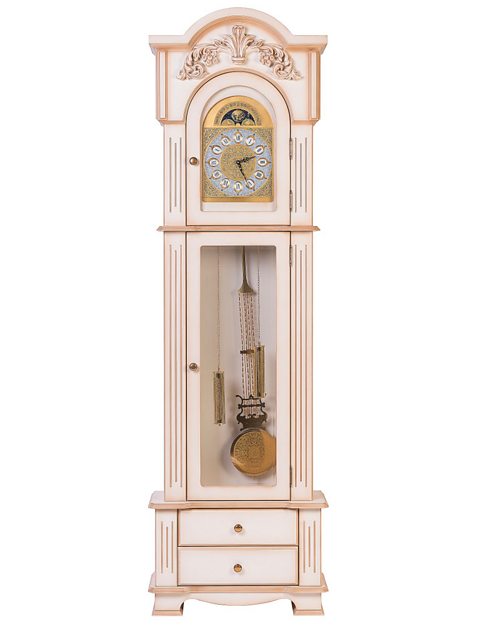Symphony No.101
Lola and Zeynap review and discuss Joseph Haydn's Symphony No.101

Symphony No.101 in D major, The Clock, was written by Franz Joseph Haydn during the Classical period1750 - 1825. . In the early stages of the Classical period, composers were employed by royalty and aristocrats, and were called patronA wealthy and powerful individual who protected others by giving them money or jobs.. Composers were paid to write music for many different occasions and performances including official events, church services and general entertainment.
Later in the Classical period, society and audiences began to change. As the middle-class grew wealthier, there was a growing demand for entertainment and more public concert halls had to be built. It was an exciting time that produced some great music from composers such as Haydn, Mozart and Beethoven.
Haydn began composing Symphony No.101 in 1793 while in Vienna and completed it in London. It premiered in 1794 and received great praise from critics. Haydn is often referred to as 'the father of the symphony' as he did so much to establish the form and structureThe organisation of musical sections to create contrast, development and order in an overall form, eg verse-chorus. of the symphony. This symphony has four movements but it is the second which gave the piece its nickname. It opens with a โtพฑณฆฐ์-ณูดวณฆฐ์โ idea that continues throughout most of the movement. A sense of balance was typical of music written during the Classical period and Haydn achieves this through his use of dynamicsThe volume of the music., phraseA short section of music, normally a melody, that could be thought of as a musical sentence. Phrases are like building blocks in music. , and use of melodic sequencesA common tool for enhancing melodies by repeating the passage at a higher or lower pitch. , harmonyThe arrangement of two or more pitches sounding together to create chords. and structure.